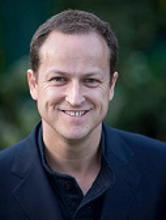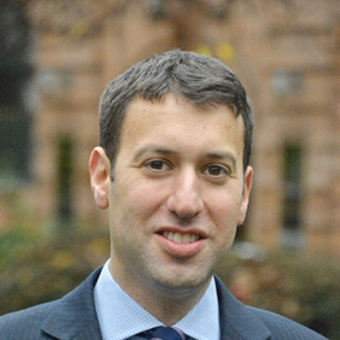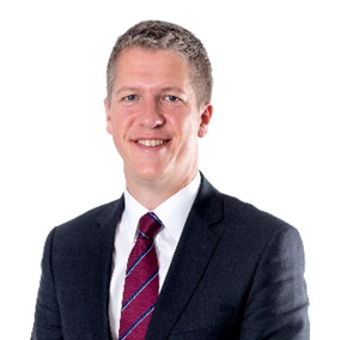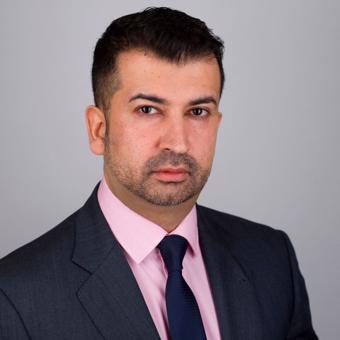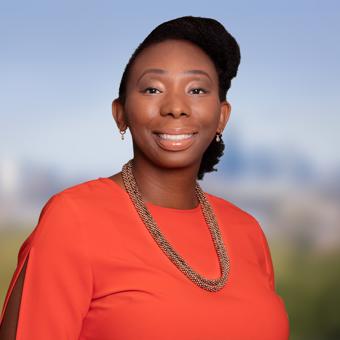Jason Hadden MBE, barrister at St. Ives Chambers, on his work with the Barefoot Lawyer campaign
I was recently asked by a friend why I decided (with Courtenay Barklem) to set up the Barefoot Lawyer campaign. After all he pointed out, I was busy enough playing at being a barrister without the chore of doing something else for free.
It is helpful, perhaps, if I write a little about our little campaign. It has been set up to raise awareness to the plight of lawyers globally who are being persecuted and, in some cases, killed for merely doing their jobs. In Colombia, over the past twenty-five years over 400 lawyers have either been killed or 'disappeared'. Their crimes? In some cases; raising basic human rights issues; in other cases just acting for the 'wrong' type of clients such as politicians or criminals (ignore the obvious). But the lawyers are being persecuted for providing them with legal advice. The problem is not just restricted to Colombia with lawyers in China, North Korea, Iran and throughout the world being targeted. In addition, one should not become overly precious as to the definition of the word 'lawyer'. Whilst in some countries it may mean a learned lawyer from Harvard, in others it may mean a mother with a second hand law book and a conscience.
The Barefoot lawyer campaign raises awareness of the plight of just such lawyers, but it also invites other lawyers to show their solidarity by becoming Barefoot lawyers. This means simply taking a photo barefoot and posting it online – either at our Facebook page or on Twitter via @tweetlawfeet. Already an enormous number of people around the world have taken off their socks and shoes to post a photo. It shows that a unique, peaceful campaign remains an effective tool in today’s modern society. In addition, the campaign also invites as appropriate, letter writing to governments and MPs.
Four years ago, I travelled to Colombia with the Law Society's Caravana. At the time, I knew very little about the plight of lawyers in a country I had never visited before and indeed knew very little about. But, during the course of that trip, I realised that they were doing just the same job as me, but in desperate conditions. Whilst I went home safely at the end of their day (well, save for the traffic) they could be followed, victimised and in some cases attacked. Yet the next day, they would come into work and start all over again. Whilst I may grumble about the fact that the Government is making a mess about Legal Aid (and it is) there is nothing that will come of my complaint (in both senses of the phrase). Yet in Colombia, and elsewhere, a lawyer could be killed for speaking out of turn or acting for the wrong client. This is simply unacceptable on any basis. I realised, like many others, that I had to do something. This is not quite my ‘Bob Geldof’ moment, but the simple fact is that we as lawyers owe a duty to others in our profession.
We sometimes forget how lucky we are to use our skills to represent our clients; with our advocacy; our compassion and our understanding of the Law. If we do not do something then who will? The UN Basic Principles on the Role of Lawyers, which were adopted by the UN General Assembly in 1990, attempts to defend the rights of lawyers. The preamble states that: “Adequate protection of the human rights and fundamental freedoms to which all persons are entitled, be they economic, social and cultural, or civil and political, requires that all persons have effective access to legal services provided by an independent legal profession.”
Attacks on lawyers are not just a problem for the individuals targeted, but represent an attack on the justice system as a whole. Hindering or preventing lawyers from carrying out their professional duty is an attempt to pervert the course of justice. It also disrupts the operation of the courts, denies clients the representation and advice to which they are entitled, and undermines the fairness of trials. What constitutes an even greater concern is that often this interference is carried out by national governments, sometimes through proxies, but often directly. On other occasions, governments are complicit, or will turn a blind eye.
The Barefoot Lawyer campaign, like others, merely seeks to show our solidarity and raise awareness of the issue in a peaceful and highly visible way. So, please take a moment in your day - just a moment - and think about those lawyers being persecuted for doing the same or similar job to you. Then... why not become a Barefoot lawyer or indeed get involved in our campaign.
www.stiveschambers.co.uk
Twitter - @tweetlawfeet
